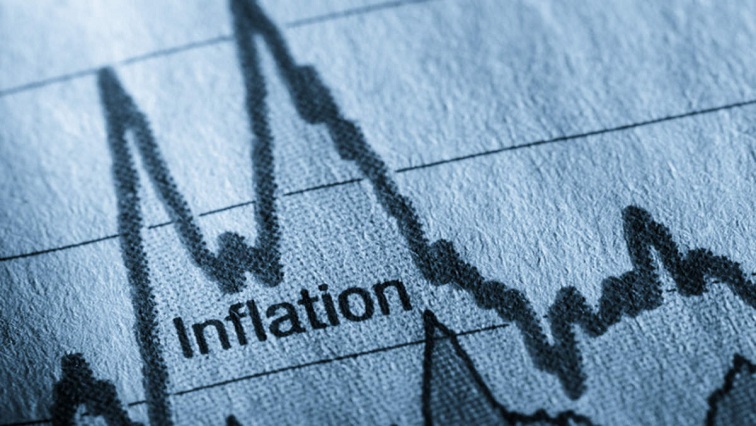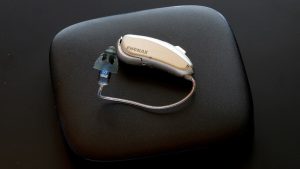Ghana’s consumer price inflation accelerated to 15.7% year on year in February from 13.9% the previous month, far outside the government’s targeted band of 8% plus or minus 2%, the West African nation’s statistics service said on Wednesday.
It was by far the largest jump in nine months of swelling prices, surpassing the record set between December and January.
Inflation in Ghana is the highest it has been in more than five years.
Housing saw the largest price increase in February, up 25.4%from the previous month. Transport, which includes fuel prices, was up 18.3%.
Food prices surged by 17.4% after rising only 13.7% the previous month. Water, oil and cereal product prices increases were the greatest contributors.
South Africa and Ghana sign bilateral agreements:
The country’s consumer price inflation accelerated to 13.9% year-on-year in January from 12.6% the previous month, far outside the government’s targeted band of 8% plus or minus 2%, the West African nation’s statistics service said on Wednesday.
It marks the largest jump in eight months of steady price hikes, bringing inflation in Ghana to its highest in more than five years, and the government statistician said he would expect it to lead to more discussion around monetary policy.
Food and non-food products both saw significant price increases, with the category of housing, water, electricity and gas up 28.7% year-on-year. That is nearly 8 percentage points higher than the average over the entirety of last year.
Imported items also saw significant price increases, making their largest inflation jump since last May to 15%.
“This is the first time in seven months we’ve seen non-food inflation surpass that of food inflation,” government statistician Samuel Kobina Annim told a news conference.
“Once inflation has reached a level like 13.9%, we would expect some discussion around (monetary policy) and whether consumers should expect further impacts to inflation.”
Last month Ghana’s central bank held its main interest rate at 14.5%, after raising it by 100 basis points in November.
Economists fear the West African nation could be spiralling toward a debt crisis, as it struggles with rising inflation paired with a double-digit fiscal deficit.






